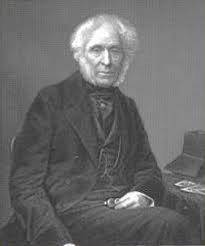History of Portrait photography
The early days: 1800s
The invention of photography can be credited to Louis Daguerre, who first introduced the concept to the French Academy of Sciences in 1839. That same year, Robert Cornelius produced what is considered the first photographic self-portrait.
Perserving History:
The invention of photography can be credited to Louis Daguerre, who first introduced the concept to the French Academy of Sciences in 1839. That same year, Robert Cornelius produced what is considered the first photographic self-portrait.
Perserving History:
In addition to portraits of famous people and family members, portrait photography became a way to preserve history. 90 Native American delegates visited Washington D.C. in 1857 to conduct treaty and trade negotiations. While they were there, they were photographed by Samuel Cohner and Julian Vannerson. The Civil War began in 1861, and with that came some of the first images of battle scenes and soldiers. Having a portrait of a loved one became popular so those on the home front could remember what their soldier looked like should they be killed in battle.
Preserving the dead:
In addition to commemorating life, portraits were taken of the dead. With the high mortality rate of people, especially children, during the Victorian age due to widespread diseases, people wanted a way to remember their loved ones before they were buried.
In addition to commemorating life, portraits were taken of the dead. With the high mortality rate of people, especially children, during the Victorian age due to widespread diseases, people wanted a way to remember their loved ones before they were buried.


Comments
Post a Comment